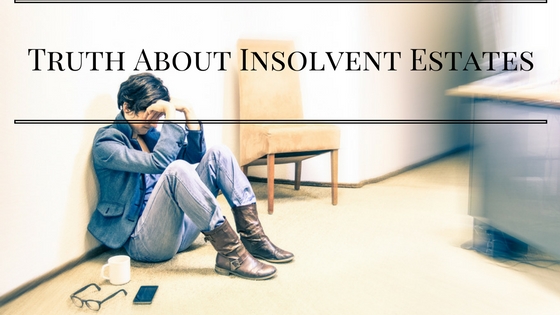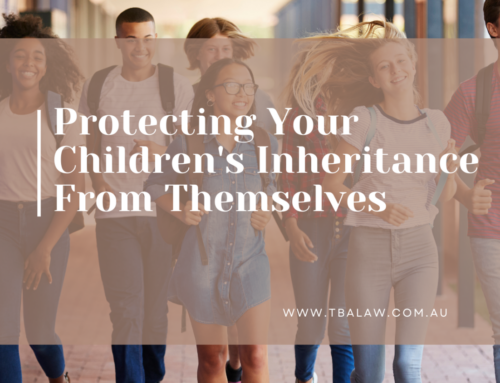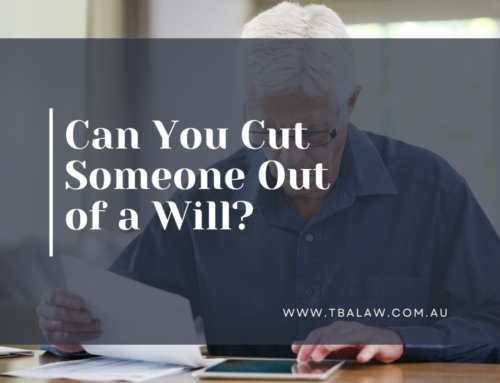The Truth About Insolvent Estates
What happens when someone dies insolvent, meaning that they have more debt than assets?
The first myth is that the executor will be liable for the debts. This is not true, if the executor acts honestly and does his or her job properly. The executor should not be personally liable for anything. Having legal guidance through this time will help.

A recent change is that the funeral expenses are one of the first debts of the estate that needs to be paid. This changed last year, and now the funeral expenses don’t have any preference over other debts.
The deceased estate could be administered under the Bankruptcy Act, if a creditor makes a petition. This would take away the rights and obligations of the executor, and the administrator of the estate would administer the estate for the benefit of the creditors. Hence, if the executor pays out any money after receiving a petition from a creditor, then they can become liable for that money.
Secured debts take precedence over unsecured debts, but only to the extent that the asset provided as security will cover the debt. If a mortgage over a house is not completely paid off by the sale of the house, then the mortgagee will stand equal with the other creditors over any other money available.
Assets or funds that cannot be used during bankruptcy to pay creditors include life insurance and superannuation. In some circumstances, these are a deceased person’s biggest asset. It is critical that the executor get proper legal advice at this point – you would not want to have a solicitor working for you that did not know that these funds weren’t available to pay creditors. Life insurance and superannuation should as least be available to the beneficiaries of the estate, if nothing else is.





Leave A Comment